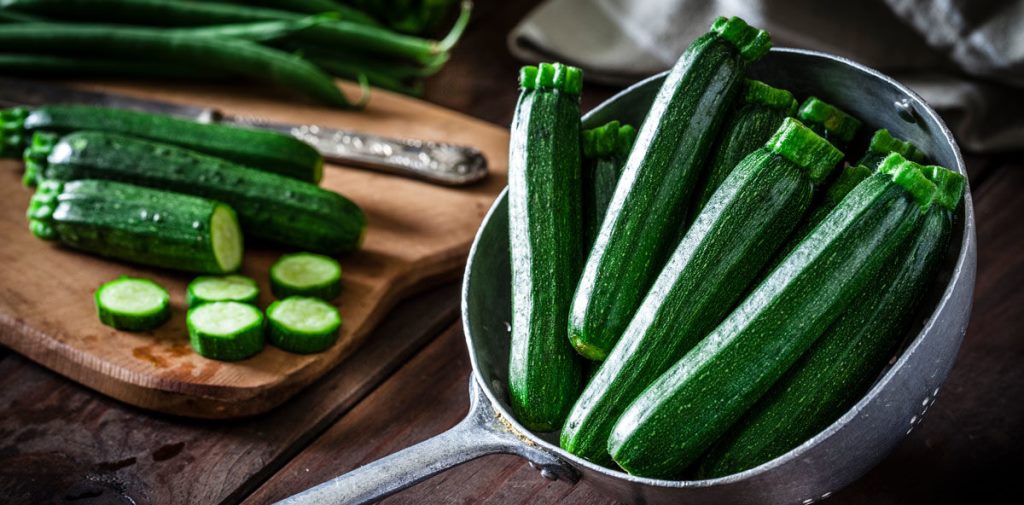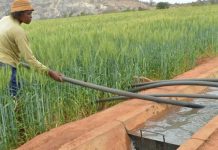Author: ROLAND JOHN
AfricaPress-Tanzania: HORTICULTURAL producers have recorded high crop yield and have started doing their activities professionally, thanks to Tanzania Smallholder Horticulture Empowerment and Promotion (Tanshep) Project.
Tanshep is a five-year project which commenced in January 2019 and is implemented by the Ministry of Agriculture and the President’s Office (Regional Administration and Local Government) in collaboration with Japan International Cooperation Agency (JICA).
A beneficiary from Umoja A Farmers Group in Lushoto District, Tanga Region, Mr Joel Ikera, said it was crucial for farmers to start at the market before going for production.
“Through that method, I have learnt that commencing in the market helps farmers to know high yield varieties, the quality and volume traded. It also gives a picture of high demand,” he said.
“Before I used to farm without knowing the cost of production because I did not keep records, but through the project, I know the cost of farming activities, including the calculation of credit and debit.”
He said the knowledge acquired from the project had helped him to increase the production of various crops per plot (0.125 acres) as follows: zucchini from 320kg to 940kg nearly three times, broccoli from 210kg to 520kg and cauliflower from 420kg to 900kg.
In addition to registering a remarkable increase in crop production, Mr Ikera was applying field management skills, marketing and recordkeeping practices, thanks to the project.
A series of project activities by Tanshep has reached about 56 farmer groups and extension officers in three target regions.
According to a statement issued to media by JICA, the project started with six target districts in three northern regions of Kilimanjaro, Arusha and Tanga and aimed at replicating it in other parts of the country.
Tanshep focuses on promoting market-oriented horticultural development by applying the Smallholder Horticulture Empowerment and Promotion approach (SHEP) initiated by JICA, which focuses on market-oriented agriculture.
The approach encourages producers of horticulture to conduct market surveys first before engaging in production.
It encourages collaboration with relevant stakeholders, such as buyers, input suppliers and even intermediaries to improve production and marketability and to realise increased income for the betterment of rural livelihoods in Tanzania.
The horticulture producers in the target districts proactively apply a SHEP approach based on lessons learnt and confidence gained through the first trial cycle under Tanshep.
The second cycle commenced this September after training of extension officers, selected farmer groups will make field visits to successful farmer groups to learn best practices which result from “Grow to Sell” mindset change.







